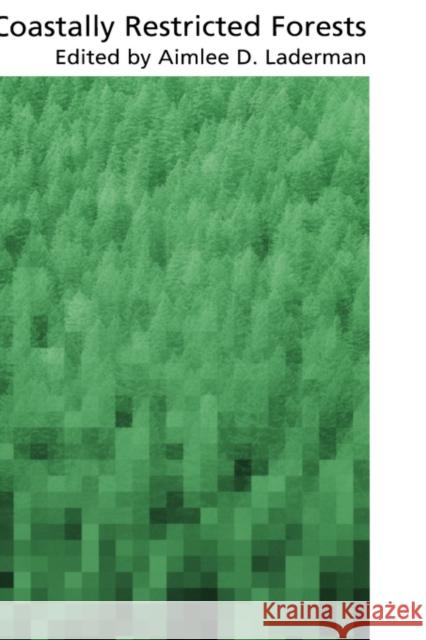Coastally Restricted Forests » książka
Coastally Restricted Forests
ISBN-13: 9780195075670 / Angielski / Twarda / 1997 / 352 str.
A few conifers are found in nature only in narrow, discontinuous bands bordering continental margins. Despite their maritime location, these trees cannot thrive in saline waters and soils. What enables them to grow in challenging habitats? Why don't these species naturalize inland? What characteristics allow them to succeed only near salt water?
A strange combination of qualities is seen: the trees are catastrophe-dependent, stress-tolerant, with broad niche potential, but are poor competitors in "easy" sites. They all possess moisture-conserving features usually associated with arid lands, although they grow in regions of high humidity and frequent fogs.
This volume is the first to assemble and compare information on widely dispersed coastal forests of the Northern Hemisphere. Authorities on each system explore the properties of these unusual trees and their habitats, and formulate guidelines for their appropriate management and protection. The thirty-six contributing authors include natural resource managers and regulators, ecologists, lumbermen, geneticists, botanists, and paleontologists. The book draws from work on three continents, eight countries, and twenty-three states of the Unites States. One half of the volume is devoted to the seven highly prized, commercially valuable Chamaecyparis species.











